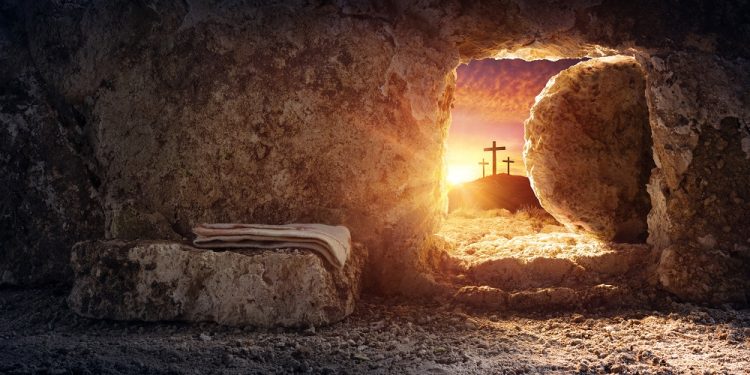
Coptic Easter
Coptic Easter is a holiday that’s rooted in centuries of tradition, both for Coptic Christians in Egypt as well as around the world. It marks the end of Holy Week, which begins with Palm Sunday and continues through Covenant Thursday, Good Friday, and Holy Saturday.
Throughout this week, Christians recite prayers in Arabic and Coptic and continue with the 55-day period of fasting that precedes Easter Sunday — the conclusion of the Great Fast.
After services on this day, families enjoy banquets and wear clothing that they purchased specifically for the occasion. This holiday celebrates Christ’s ascension to heaven and, as a result, is a day of joyous celebration.
The History of Coptic Easter
The Coptic Church was established around 50 AD when the Apostle Mark visited Egypt. Mark is regarded as the first Pope of Alexandria, which makes this branch of Christianity one of the earliest Christian groups outside the Holy Land. Coptic Easter is a holiday that has been part of the faith since its inception.
During the 4th century, Emperor Constantine legalized Christianity across the Roman Empire, leading to the widespread adoption of Christianity among the Egyptian people. As the Christian population in Egypt grew, the tradition of Coptic Easter grew with it.
Despite centuries of hardship and sometimes persecution, the Coptic Orthodox Church has continued to not only survive in Egypt but also thrive. It has spread to other parts of the world.
Today, Coptic Easter is one of the most important religious and cultural events in Coptic communities and celebrates the resurrection of Christ, as well as the hope for new life and a renewal of the spirit.
Observing Coptic Easter
Coptic Easter is the culmination of Holy Week and the end of the long fasting period known as the Great Fast. Throughout the 55-day period of this fast, Copts abstain from certain foods, including meat, eggs, and dairy.
It is also a time for Christians to abstain from certain other indulgences and pleasures to focus on their spiritual journey. This period ends with the conclusion of Easter Sunday services. On this holiday, Coptic Christians attend church services that celebrate the resurrection of Jesus Christ.
These services are festive and joyful, in contrast to the solemn services of the previous days during Holy Week. When services have concluded, families often gather for celebratory and traditional banquets that include special foods such as Feseekh (salted fish), Kahk (shortbread cookies), Taro (a root vegetable), and Molokhia (a soup served with rice).
On this day, people can also spread the word about this holiday across the World Wide Web by using the hashtag #CopticEaster.








